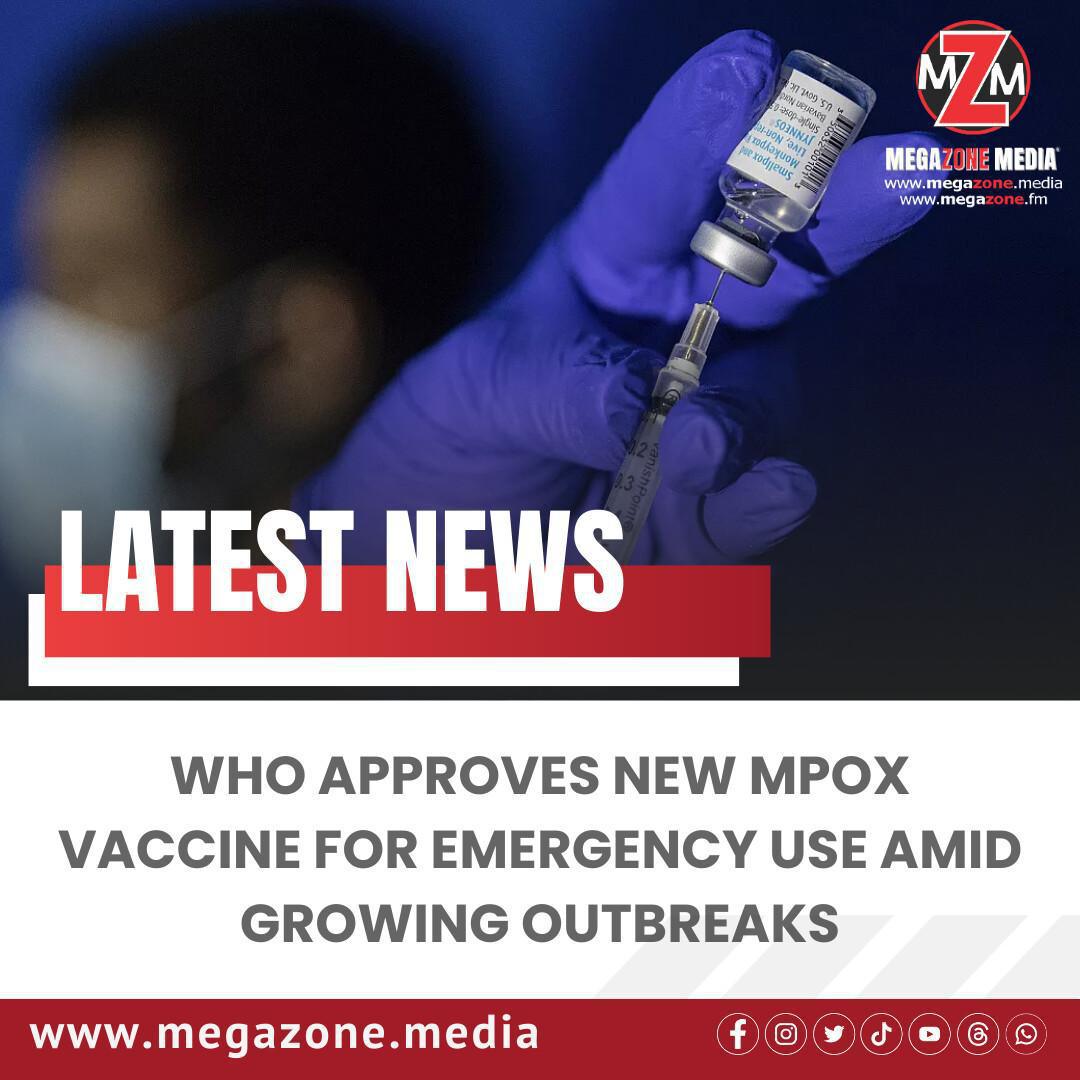The World Health Organization (WHO) announced on Tuesday that it has approved an mpox vaccine, LC16m8, for emergency use, marking the second vaccine to receive the agency’s seal of approval. Developed by Japanese pharmaceutical company KM Biologics, the vaccine aims to improve access to protection in communities affected by surging mpox outbreaks.
The approval grants emergency use listing (EUL) status to the LC16m8 vaccine, allowing countries worldwide to expedite its approval and distribution in response to the ongoing emergency.
"WHO's emergency use listing of the LC16m8 vaccine marks a significant step in addressing the current mpox crisis, providing an additional tool to protect populations, including children," said Yukiko Nakatani, WHO's assistant director-general for access to medicines and health products.
This follows the WHO's earlier prequalification of the Bavarian-Nordic MVA-BN vaccine in September, as part of efforts to combat the growing global threat of mpox. In August, the WHO declared a public health emergency over the disease due to the spread of the Clade 1b strain in the Democratic Republic of Congo (DRC) and neighboring countries.
Mpox cases have been reported in 80 countries, including 19 in Africa, with the DRC being the hardest-hit, recording a large majority of the more than 39,000 suspected cases and over 1,000 deaths this year alone.
The Japanese government has committed to donating 3.05 million doses of the LC16m8 vaccine, along with specialized inoculation needles, to the DRC. This donation is the largest to date in response to the mpox outbreak.
While the new vaccine brings hope, the WHO has cautioned that it should not be used during pregnancy or by individuals who are immunocompromised. Mpox, formerly known as monkeypox, is a viral disease transmitted by infected animals but can also spread through close human contact. It causes symptoms such as fever, muscle aches, and large skin lesions, and can be fatal in some cases.


